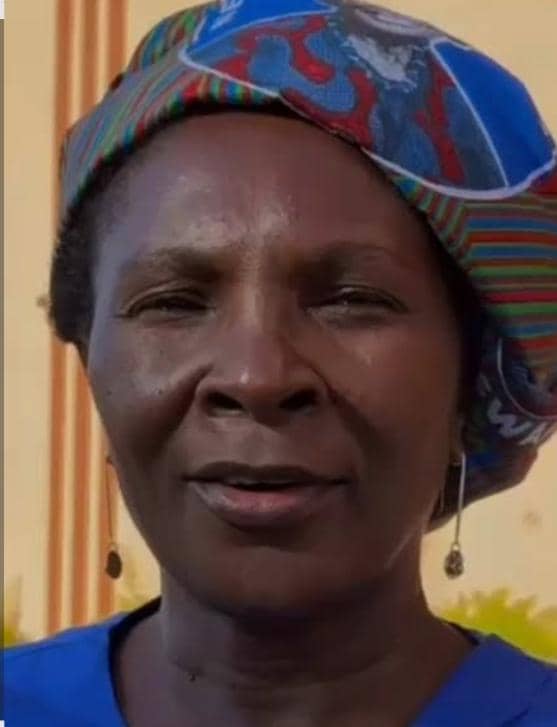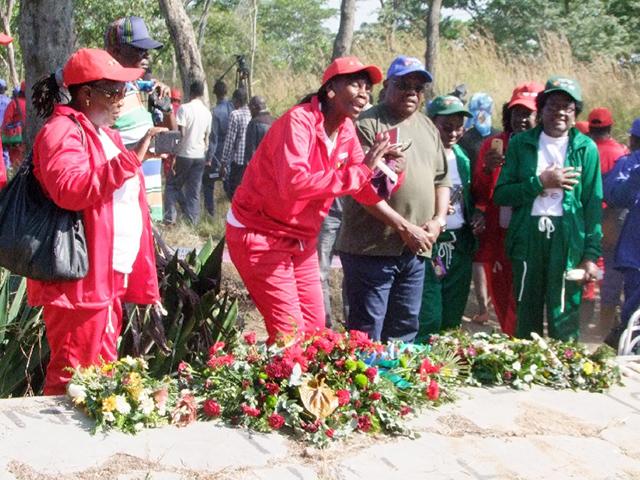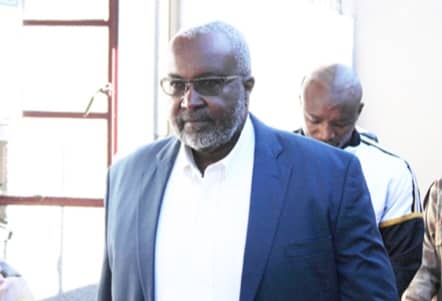WHILE the Development Bank of Namibia (DBN) celebrated its successes during its fifth anniversary celebrations this week, Members of Parliament were less impressed, accusing the Bank of not ‘looking after our people’.
The DBN’s policy on SMEs and foreign investors rose hackles during the discussion of the Finance budget vote in the National Assembly on Tuesday night.Presidential Affairs Minister Albert Kawana’s stance on the DBN’s role in the development of the small and medium enterprise (SME) sector sparked a heated debate. Finance Minister Saara Kuugongelwa-Amadhila eventually had to rush in to save the DBN’s honour.The thorn in Kawana’s side was the DBN partnering up with Bank Windhoek and FNB Namibia to boost SMEs. The Development Bank made N$50 million available to each of the commercial banks as a credit line to SME entrepreneurs.Kawana slammed the DBN’s ‘outsourcing’ of what he regards as the reason it was established in the first place. ‘I was shocked to learn about the DBN’s activities and the stringent requirements imposed by the commercial banks,’ he told the House.He alleged that entrepreneurs with Government tenders struggled to get finance from the commercial banks, and when they do, they are charged an interest rate of prime plus.’It is time the DBN deals directly with SMEs. They must assist our own people,’ Kawana insisted.Finance Deputy Minister Tjekero Tweya agrees that the DBN was created in response to the plight of SMEs who couldn’t be accommodated by commercial banks. ‘That’s why we’re still putting money into the DBN,’ Tweya said.Government has allocated N$150 million to the Bank in the 2009-10 Budget, on top of the N$150 million it received this year.’The DBN in its own wisdom outsourced (the SME credit line) to commercial banks who have infrastructure countrywide while the DBN is only based in Windhoek. But this has its own problems,’ the Deputy Minister said.He referred to the DBN’s facility for bridging capital, saying that tenders act as collateral and that SME entrepreneurs can approach the Bank for assistance in this regard.’However, the moment they (the entrepreneurs) get the cheque, they forget about the problems of yesterday and pay other people before they pay the DBN,’ Tweya said.SME owners must be educated to solve this problem, he suggested.Minister Kuugongelwa-Amadhila defended the DBN’s funding of projects with foreign shareholders, with specific reference to Ohorongo Cement.The DBN recently granted a loan of N$120 million to Ohorongo, owned by the Schwenk Group of Germany. The company intends selling a 40 per cent stake to Namibian investors.While it is true that Ohorongo Cement can finance all its operations itself, there are many other factors that need to be taken into consideration, Kuugongelwa-Amadhila said. The investment has revived Otavi, until now a ‘dead town’, and the spin-offs will benefit the town and the country tremendously. It has also created jobs.’Remember, the DBN gave Ohorongo a loan, not a grant,’ she emphasised.jo-mare@namibian.com.na
Stay informed with The Namibian – your source for credible journalism. Get in-depth reporting and opinions for
only N$85 a month. Invest in journalism, invest in democracy –
Subscribe Now!










